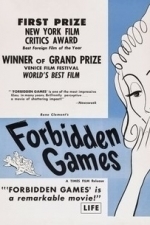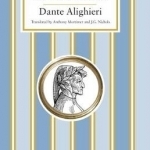
Love Poems
Dante Alighieri, Anthony Mortimer and J.G. Nichols
Book
Dante is known to most readers outside Italy for his gritty descriptions of the Inferno, but there...

Of Love and Desire
Louis de Bernieres and Donald Sammut
Book
Of Love and Desire is a rich collection of love poems from Louis de Bernieres, written over a...
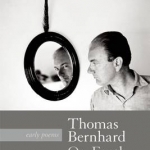
On Earth and in Hell: Early Poems
Peter Waugh and Thomas Bernhard
Book
The first English translation of the earliest poetry of brilliant and disruptive Austrian writer...
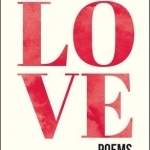
Classic Love Poems
Book
I arise from dreams of thee In the first sweet sleep of night, When the winds are breathing low, And...
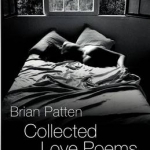
Collected Love Poems
Book
Of all the poets writing today, Brian Patten is perhaps the most accessible and popular. Now his...
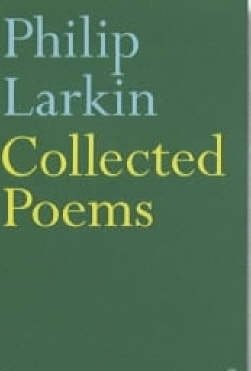
Collected Poems
Anthony Thwaite and Philip Larkin
Book
Since its publication in 1988, Philip Larkin's Collected Poems has become essential reading on any...

Gold from the Stone: New and Selected Poems
Book
Lemn Sissay was seventeen when he wrote his first poetry book, which he hand-sold to the miners and...

Dirty Great Love Story
Book
Two hopeful, hapless romantics get drunk, get it on, and then get the hell away from each other. In...
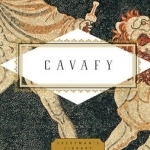
Cavafy Poems
Book
In 2009 Knopf published a new translation of Cavafy's Complete Poems by the brilliant and...
